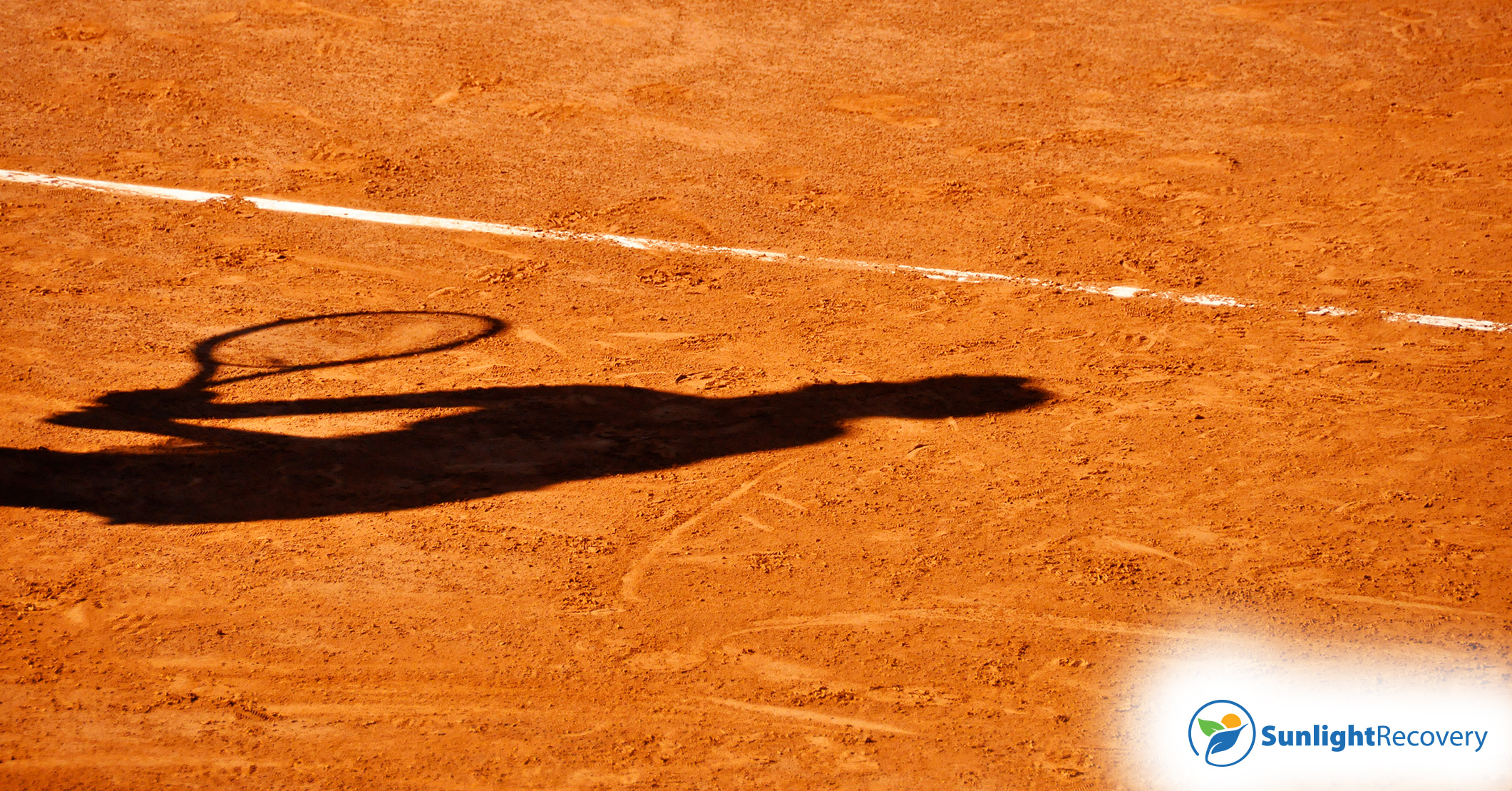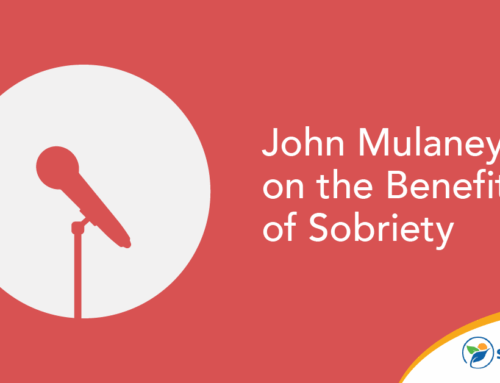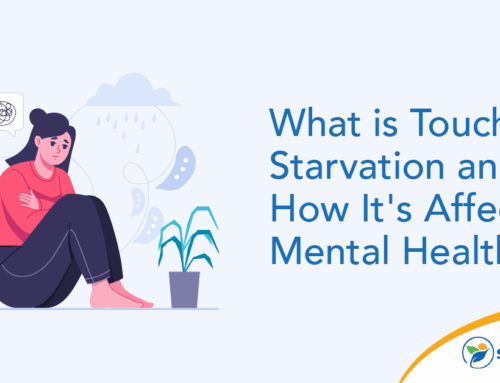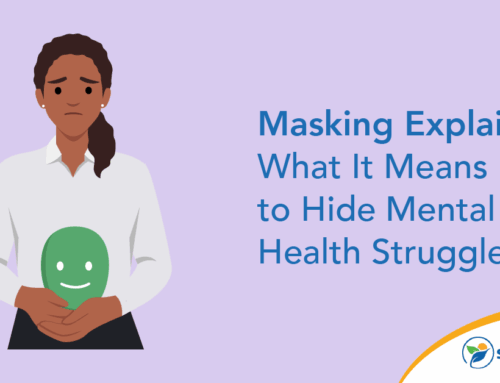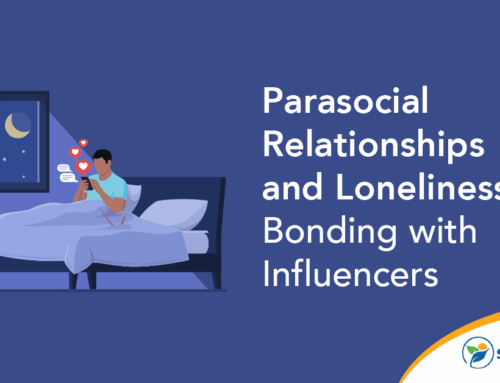Serena Williams is a champion by any measure. She’s won four Olympic gold medals, three in women’s doubles with her sister, Venus, for an all-time joint record in tennis. Williams’ achievements in tennis are impressive enough that they’ve overshadowed her other amazing distinctions, such as an acting career that goes back to 2001 and a fluency in four languages. Amidst all of this, Serena Williams’ mental health advocacy stands out for how intensively she’s worked to bring attention to the topic of society’s ongoing mental health crisis.
Serena Williams’ Mental Health Advocacy
Serena Williams’ mental health advocacy has not been overly technical or contained within formal organizations. While she’s been a UNICEF Goodwill Ambassador since 2011, most of her work with the United Nations has focused on maternal health issues in Africa. Instead of working on a formal campaign, Williams has directed her advocacy through personal statements, including a candid expression of her own struggles with mental health and the effects they’ve had on those close to her.
Public Statements About Her Personal Mental Health Struggle
On November 28, 2023, in one of those moments when a tweet suddenly becomes wildly popular on social media, Serena Williams published a message on X that had the potential to alarm her 10 million followers:
“I am not ok today. And that’s ok to not be ok. No one is ok every single day. If you are not ok today, I’m with you. There’s always tomorrow. Love you.”
Later that day, Williams reassured her followers with a selfie of herself and her infant daughter with the words: “This makes me so happy.”
This was just one episode in a long public dialog Williams has been driving about mental health. In this case, the subject was postpartum depression, which affects 6.5%-20% of new mothers, usually within 2-6 weeks of delivery. Williams expanded on how this issue has affected her in an interview with Prince Harry, the Duke of Sussex, which was open to an online audience of 100,000 through the BetterUp platform.
Serena Williams’ Depression Coping Strategies
The discussion hasn’t stopped with an airing of Serena Williams’ illness, but that could be helpful for raising awareness all by itself. Going further, Serena has expanded her remarks into a broader sharing of her strategies for coping with the occasional bouts of depression and anxiety she’s been living with most of her adult life. In one interview, Williams described what she calls her “shut down” method:
“Mental fitness, for me, is just really learning to shut down. You know, I did this years ago, even before mental health was like a topic among everyone’s mind. It was like, all right, I’m shutting myself down today, just subconsciously, and it is something I’ve always done.”
This is not an emotional shutting down but rather a refocusing on healthy personal boundaries:
“Now that I know that, it’s so important to just put yourself first, especially mentally. I always have shut down moments. I have serious boundaries, and I don’t let anyone cross them.”
Serena Williams’ Anxiety Coping Strategies
Anxiety is another mental health condition that’s closely linked with depression. Always competitive, Serena Williams has had some level of chronic anxiety her entire life. Even in school, the future entrepreneur-athlete-polyglot-activist reported near panic attacks if her grades dropped below the perfection she’d set as a goal.
Later in life, Williams would push herself in sports and other endeavors until she was near her breaking point. Things have slowed down for her since her retirement from tennis, but Serena has shown a remarkable self-awareness about how difficult it has been to overcome feelings of anxiety. As she put it in an interview:
“I’m a high-strung individual and what I do like you can see … So, I do have a tend [sic] to become anxious. But I really learned over the past that for me, prayer works a lot, just really realizing the bigger picture, and it really has helped in my anxiety.”
Williams’ reference to prayer is part of her recovery. A lifelong associate of the Jehovah’s Witnesses, Williams has become more observant since her retirement and was baptized into the faith in January 2023. She hasn’t spoken in public about taking medication for anxiety but instead seems to have crafted a set of behavioral modifications for avoiding swings and coping with stress that could trigger flares.
Williams’ Impact on Breaking Mental Health Stigmas in Sports
The world-famous tennis star’s openness has transformed the landscape of mental health conditions in professional sports. Like many other parts of society, pro sports has been less than hospitable to athletes with mental health conditions. Athletes competing at a professional level tend to be private about their physical and emotional difficulties, often treating public airing of their conditions as something akin to a confession or an admission of wrongdoing.
Given Serena Williams’ high profile, it was perhaps inevitable that her discussion would start to change the culture around mental health in sports. This isn’t confined to the world of women’s tennis. From time to time, Williams has been joined in public discussions about mental health by Angels center fielder Mike Trout and former heavyweight champion Mike Tyson, both of whom have shared stories about their own mental health issues.
Serena Williams’ Support for Initiatives and Her Contributions to Mental Health Awareness
Serena Williams’ support for mental health initiatives goes beyond X and the occasional interview. In August 2023, Williams collaborated with Selena Gomez, Mandy Teefey and Daniella Pierson on a wellness project run through Wondermind, the world’s first media platform organized around promoting good mental health.
Where Is Serena Williams Today?
The professional life of an athlete tends to be short, and Serena Williams retired from tennis in September 2022. Now in her early 40s, Williams is a new mom of two young children, and if anything, her activism is only getting started. Serena hasn’t been public about her plans going forward, but the work she’s already done to open up the discussion about mental health in athletics has set what may be the direction for the rest of her public life.
Inspiring Change and Support for Athletes’ Well-Being
If you have a mental health concern, you don’t have to be a famous athlete to start talking about it. Contact Sunlight Recovery today for a confidential consultation about your mental health and get the help you need.


